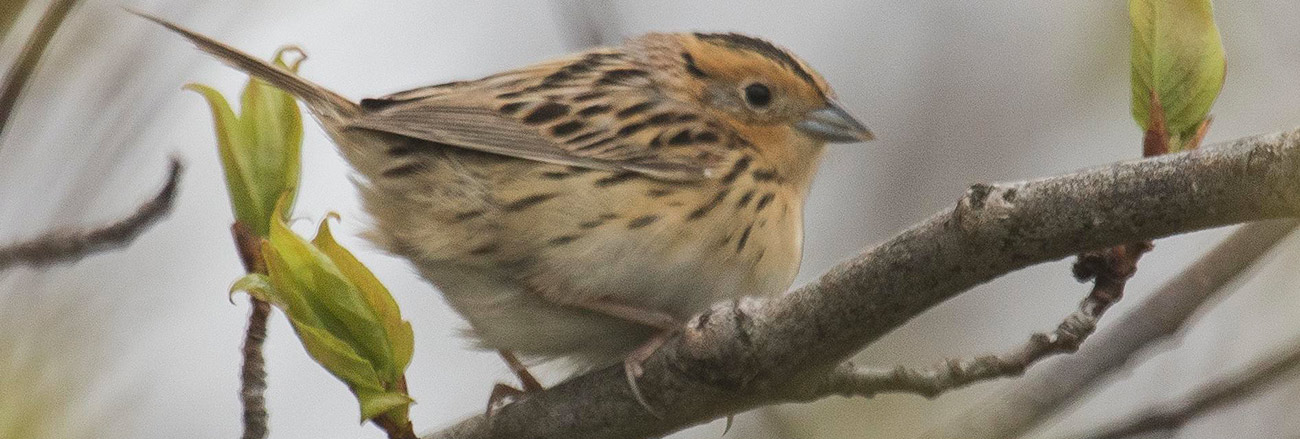In preparation for joining an LWAS outdoor event, please review the following.
Basic LWAS Event Guidelines
- New birders are ALWAYS welcome. It is the responsibility of all trip members and leaders to help new birders learn both identification techniques and bird observation skills.
- Be prepared with the necessary equipment (binoculars etc…), appropriate clothing, food, and water. Assume the weather will turn bad.
- Please do not bring pets
- Children under 18 must be accompanied by an adult
- Please be on time. The group will begin the outing at the specified time.
- All participants are responsible for their own safety. Use common sense if you feel that any part of the trip is too arduous. All participants must sign a Release of Liability Form before participating in any outing, field trip, or bird count.
- Please alert the trip leader of any safety questions or medical concerns before the trip
- Some outings will be handicap-accessible, others will be over rough terrain, narrow trails, or less accessible gravel paths
- Please stay near the group at all times. Alert the leader if you are leaving the outing.
Birding Etiquette – these guidelines help everyone have a great outdoor birding experience.
- When a birder stops to look at a bird, also stop. Don’t spook the other person’s bird. Avoid walking in front of a person who is viewing a bird. Make room for persons behind.
- Before approaching further, let the group observe the bird, then approach closer for better observation. Avoid spooking the bird before people get a look.
- Avoid rapid movement, including pointing.
- Make room for scopes and cameras. Share the scopes.
- Quietness is paramount to avoid scaring birds.
- Playing recordings to attract birds is generally discouraged. Check with the leader.
- Do not bird on private property without permission. Avoid looking at birds on private property with binocular/scope.
BIRDING ETHICS
From the American Birding Association…
Practice and promote respectful, enjoyable, and thoughtful birding as defined in this code
1. Respect and promote birds and their environment.
(a) Support the conservation of birds and their habitats. Engage in and promote bird-friendly practices whenever possible, such as keeping cats and other domestic animals indoors or controlled, acting to prevent window strikes, maintaining safe feeding stations, landscaping with native plants, drinking shade-grown coffee, and advocating for conservation policies. Be mindful of any negative environmental impacts of your activities, including contributing to climate change. Reduce or offset such impacts as much as you are able.
(b) Avoid stressing birds or exposing them to danger. Be particularly cautious around active nests and nesting colonies, roosts, display sites, and feeding sites. Limit the use of recordings and other audio methods of attracting birds, particularly in heavily birded areas, for species that are rare in the area, and for species that are threatened or endangered. Always exercise caution and restraint when photographing, recording, or otherwise approaching birds.
(c) Always minimize habitat disturbance. Consider the benefits of staying on trails, preserving snags, and similar practices.
2. Respect and promote the birding community and its individual members.
(a) Be an exemplary ethical role model by following this Code and leading by example. Always bird and report with honesty and integrity.
(b) Respect the interests, rights, and skill levels of fellow birders, as well as people participating in other outdoor activities. Freely share your knowledge and experience and be especially helpful to beginning birders.
(c) Share bird observations freely, provided such reporting would not violate other sections of this Code, as birders, ornithologists, and conservationists derive considerable benefit from publicly available bird sightings.
(d) Approach instances of perceived unethical birding behavior with sensitivity and respect; try to resolve the matter in a positive manner, keeping in mind that perspectives vary. Use the situation as an opportunity to teach by example and to introduce more people to this Code.
(e) In group birding situations, promote knowledge by everyone in the group of the practices in this Code and ensure that the group does not unduly interfere with others using the same area.
3. Respect and promote the law and the rights of others.
(a) Never enter private property without the landowner’s permission. Respect the interests of and interact positively with people living in the area where you are birding.
(b) Familiarize yourself with and follow all laws, rules, and regulations governing activities at your birding location. In particular, be aware of regulations related to birds, such as disturbance of protected nesting areas or sensitive habitats, and the use of audio or food lures.
Birding should be fun and help build a better future for birds, for birders, and for all people
Birds and birding opportunities are shared resources that should be open and accessible to all
Birders should always give back more than they take
BIRDING ETHICS FOR PHOTOGRAPHERS

